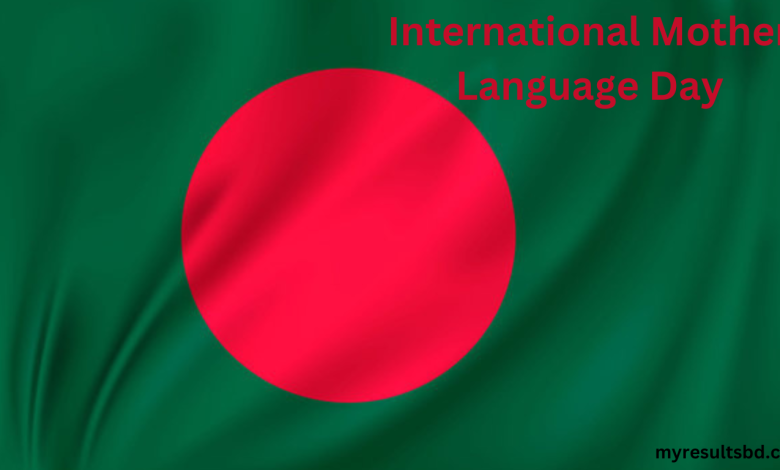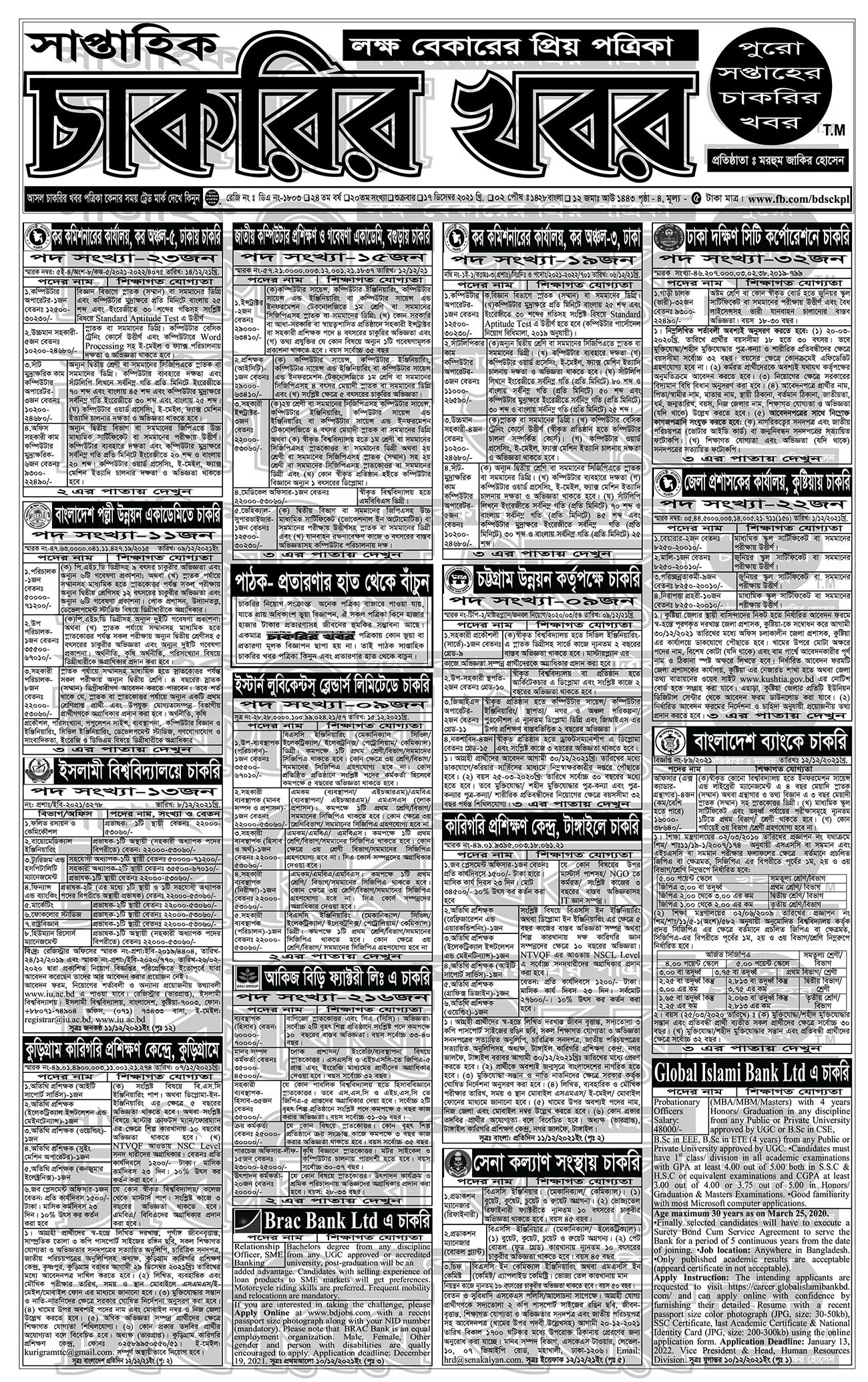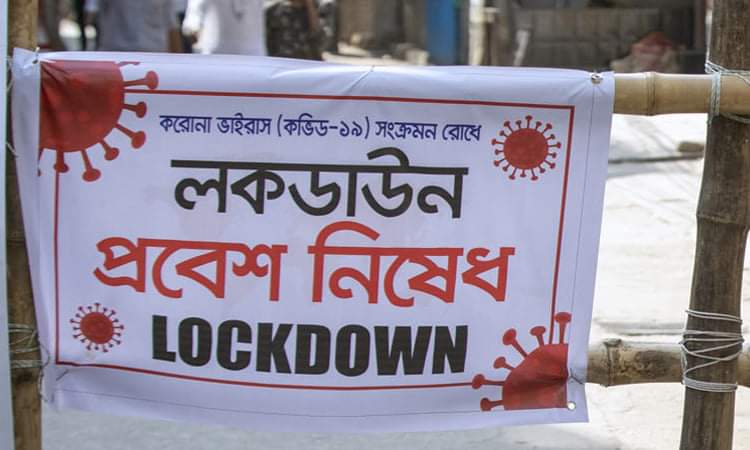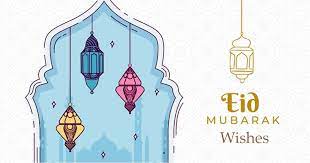Celebrating Mother Language Day: Preserving Cultural Heritage and Linguistic Diversity in Bangladesh
Mother Language Day

Mother Language Day, also known as International Mother Language Day, is an annual observance celebrated on February 21st to promote linguistic and cultural diversity. It is a day to honor and recognize the importance of mother languages around the world. In Bangladesh, Mother Language Day holds a special significance due to the historic events that took place on this day. This article will explore the history and significance of Mother Language Day in Bangladesh, the importance of preserving cultural heritage, the linguistic diversity in Bangladesh, efforts to preserve and promote mother languages, celebrations and events on Mother Language Day, the impact of the day on cultural identity, the role of education in preserving linguistic diversity, and the challenges and future prospects of preserving mother languages in Bangladesh.
History and Significance of Mother Language Day in Bangladesh
Mother Language Day in Bangladesh commemorates the sacrifices made by the Bengali language activists who fought for the recognition of their mother language, Bengali. On February 21, 1952, students and activists protested against the imposition of Urdu as the sole national language of East Pakistan, which is now Bangladesh. The protest turned violent, and several students lost their lives. This tragic event, known as the Language Movement, marked a turning point in the struggle for linguistic and cultural rights.
The significance of this day lies in the recognition of the importance of mother languages in shaping cultural identity and fostering a sense of belonging. It serves as a reminder of the sacrifices made by those who fought for their language rights and celebrates the linguistic diversity that exists within the country.
Importance of Preserving Cultural Heritage
Preserving cultural heritage is crucial for maintaining a sense of identity and belonging. Culture encompasses a wide range of aspects, including language, traditions, customs, arts, and values. Language, in particular, plays a vital role in preserving cultural heritage as it serves as a vehicle for transmitting knowledge, stories, and traditions from one generation to another.
In Bangladesh, where more than 40 different languages are spoken, preserving cultural heritage becomes even more significant. Each language reflects the unique history, traditions, and worldview of the community that speaks it. By preserving and promoting these languages, Bangladesh can ensure the preservation of its rich cultural heritage and foster a sense of pride and belonging among its diverse population.
Linguistic Diversity in Bangladesh
Bangladesh is a linguistically diverse country, with more than 40 different languages spoken by various ethnic groups. The official language of Bangladesh is Bengali, spoken by the majority of the population. However, there are several indigenous languages spoken by different ethnic communities, such as Chakma, Marma, Garo, Santali, and many more.
This linguistic diversity is a testament to the multiculturalism and rich heritage of Bangladesh. Each language represents a unique cultural identity and contributes to the overall tapestry of the nation. It is essential to recognize and preserve these languages to maintain the linguistic diversity that makes Bangladesh so unique.
Efforts to Preserve and Promote Mother Languages in Bangladesh
In recognition of the importance of preserving mother languages, Bangladesh has taken significant steps to promote linguistic diversity and cultural heritage. The government has implemented policies to protect and promote the use of indigenous languages in education, administration, and media. Efforts have been made to develop textbooks and teaching materials in different mother languages, ensuring that children have access to education in their mother tongue.
Non-governmental organizations and community-based initiatives have also played a crucial role in preserving mother languages. They organize language awareness campaigns, cultural events, and workshops to promote the use of indigenous languages and raise awareness about their importance. These efforts are essential in fostering a sense of pride and belonging among the speakers of mother languages.
Celebrations and Events on Mother Language Day
Mother Language Day is celebrated with great enthusiasm and pride in Bangladesh. The day begins with paying homage to the martyrs of the Language Movement at the Shaheed Minar, a monument dedicated to the language martyrs. People gather at the monument to offer flowers and recite poems in their mother languages.
Throughout the day, various events and cultural programs are organized to celebrate linguistic and cultural diversity. Schools and educational institutions hold special programs where students perform songs, dances, and recite poems in their mother languages. Exhibitions showcasing the rich cultural heritage of different ethnic communities are also organized.
The highlight of the day is the Ekushey Padak, a prestigious award presented by the government to individuals and organizations for their outstanding contributions to the promotion of mother languages and cultural heritage. The award ceremony is attended by prominent figures from different fields, including literature, arts, and education.
Impact of Mother Language Day on Cultural Identity
Mother Language Day has had a profound impact on the cultural identity of Bangladesh. It has helped reinforce a sense of pride and belonging among the speakers of mother languages. The recognition and celebration of mother languages have empowered different ethnic communities, providing them with a platform to showcase their unique cultural heritage.
Through the preservation and promotion of mother languages, Bangladesh has been able to create a more inclusive society where linguistic and cultural diversity is celebrated. This has contributed to a stronger national identity that embraces the multiculturalism and diversity of the country.
Role of Education in Preserving Linguistic Diversity
Education plays a crucial role in preserving linguistic diversity in Bangladesh. By providing education in mother languages, children have the opportunity to learn and develop their skills in their native languages. This not only helps in preserving the language but also ensures a more effective and meaningful learning experience for the students.
Furthermore, education in mother languages helps in bridging the gap between different communities and fostering a sense of inclusivity. It allows children from diverse linguistic backgrounds to communicate and understand each other, promoting harmony and unity.
Challenges and Future Prospects of Preserving Mother Languages in Bangladesh
Despite the efforts to preserve and promote mother languages, there are several challenges that need to be addressed. One of the main challenges is the dominance of the majority language, Bengali, in various aspects of society. This can lead to the marginalization of other mother languages and a loss of linguistic diversity.
Additionally, globalization and the influence of digital media pose challenges to the preservation of mother languages. Younger generations are increasingly exposed to global languages and cultures, which can lead to a decline in the use and importance of mother languages.
However, there is hope for the future. The recognition and celebration of Mother Language Day have raised awareness about the importance of linguistic and cultural diversity. With continued efforts and support from the government, non-governmental organizations, and communities, the preservation of mother languages can be ensured for future generations.
Conclusion
Mother Language Day is a celebration of linguistic and cultural diversity in Bangladesh. It honors the sacrifices made by language activists and serves as a reminder of the importance of preserving cultural heritage. The linguistic diversity in Bangladesh is a testament to its rich multiculturalism, and efforts are being made to protect and promote mother languages.
Through celebrations and events on Mother Language Day, the impact on cultural identity is evident. Education plays a vital role in preserving linguistic diversity, but there are challenges that need to be addressed. With continued efforts, the future prospects of preserving mother languages in Bangladesh are promising.
On this Mother Language Day, let us celebrate the linguistic and cultural diversity of Bangladesh and stand united in preserving our rich heritage for generations to come.





